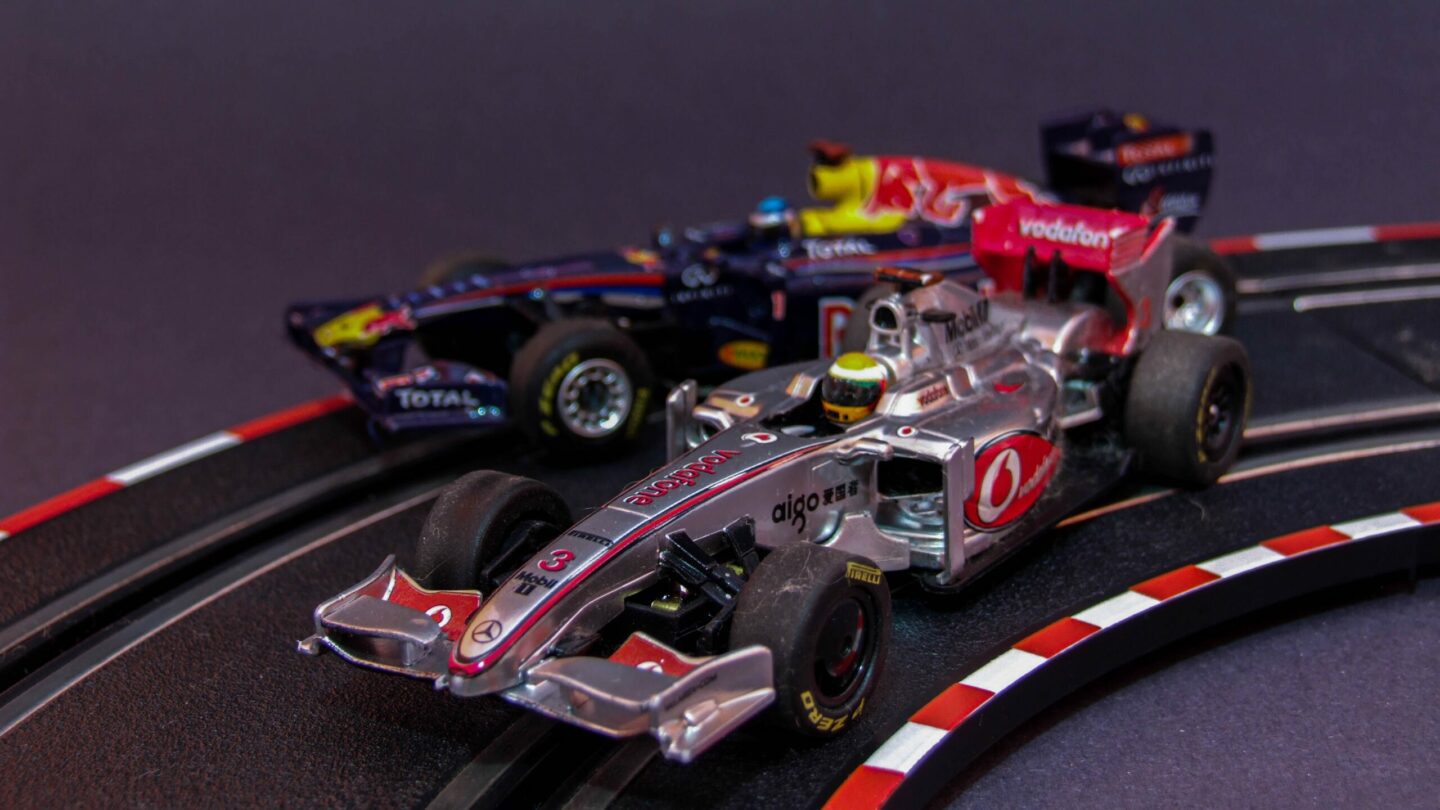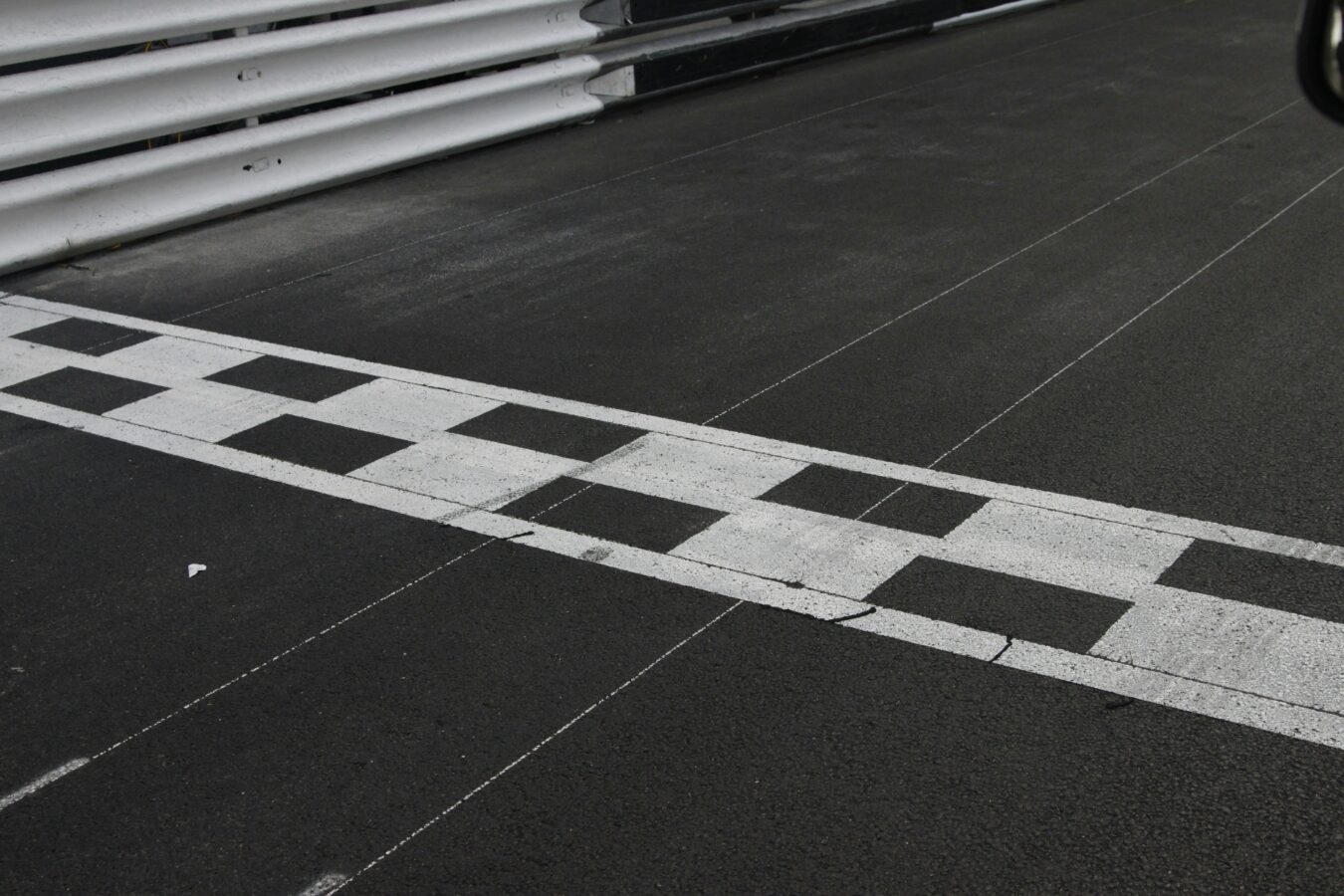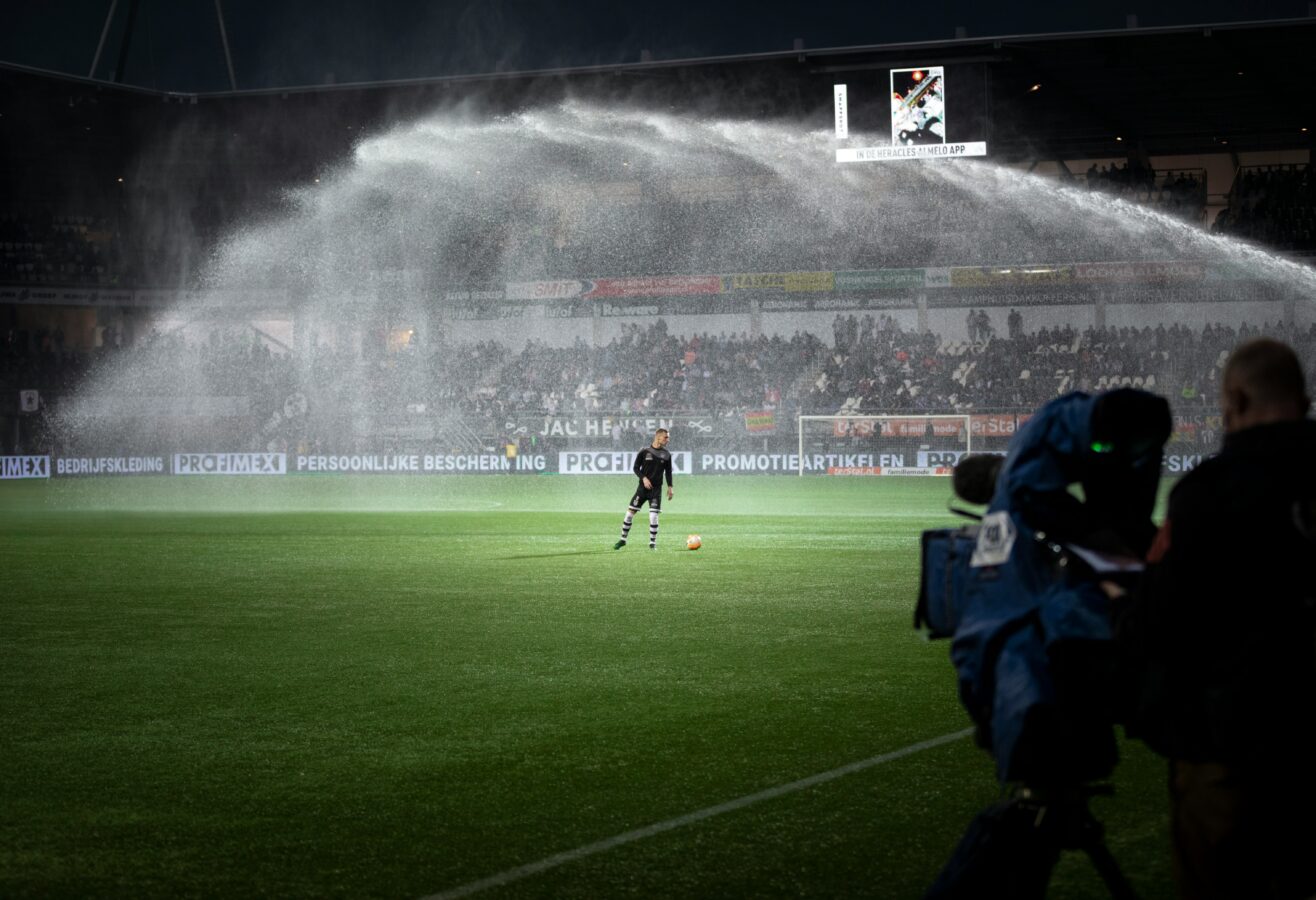Formula One has a long-established status as the ‘pinnacle’ of motorsport. It’s the top goal for many young go-karters and junior racers, but the more I think about it, the more I wonder…is it? Is it really?
This isn’t about jumping on the bandwagon and complaining about Sebastian Vettel and Red Bull’s dominance in recent seasons – they were consistently the best package on the grid and that’s all there is to it.
It’s not even about the tyre saga, topical as it is.
No, it’s about the Catch 22 situation in which Formula One now finds itself. It’s been heading this way for a very long time, admittedly, but it’s reaching a tipping point where it risks losing its credibility altogether.
On the one hand, Formula One is undeniably the pinnacle of motorsport. Just look at it – not just the cars, the whole F1 circus and its hugely impressive R&D programme. F1 engineers, aerodynamicists and designers are the very best in their fields and the technology developed as a result is second-to-none.
However, maintaining this position as the ‘pinnacle’ of motorsport comes at a high price and that same high price is exactly what’s diminished its pinnacle status in a purely sporting way.
When you think about the top-flight of other sports – football, rugby, cricket, tennis – you can say with some certainty that members of the top teams or national teams are of the highest calibre in their field. I’m not even going to bother with an Ashes reference – that was so last year.
Can we say that about Formula 1 now? Can we really say that F1 is a race series where the 22 best single-seater drivers in the world fight it out tooth and nail on the track? I don’t think so – no-one with even just a mild interest would say that and actually believe it. Not anymore.
That’s not to say there aren’t some truly world-class drivers in F1 – Vettel, Alonso, Raikkonen, Hamilton, Rosberg etc. are all there on merit (with backing) and are entertainers out on track.
But rather than teams promoting young, exciting talent and nurturing future champions, their arms are tied and they opt to take on a ‘safe pair of hands’ with substantial backing. Meanwhile, genuinely prodigious talents who have shown their potential in lower, more affordable formulae are being overlooked and that’s depriving fans of some truly spectacular and competitive sport, not to mention talented drivers missing out on their chance to shine.
Moreover, Formula One and the traditional F1 pathway is becoming increasingly overlooked; after a season in GP3, 2012 British F3 Champion, Jack Harvey, is set to take on America, racing in the Indy Lights Series with Racing Steps Foundation’s backing. Yes, that means the RSF, one of the few active promoters of British motor racing talent, has recognised that F1 and its ‘feeder series’ are no longer the most viable routes for its protégés. Others are heading for the ultra-competitive DTM series, where costs don’t compromise talent on anywhere near the same scale.
Money has always played a part in this sport – anyone who has seen Rush will recognise that – but when it’s got to the point where we can question its status as the pinnacle of motorsport, it’s deeply worrying for the future of F1.
Talks of cost cutting only go so far and the actual cost of implementing these ‘cost-cutting’ measure is huge… 2014 sees the biggest overhaul of F1 regulations in history and teams adapting to these changes certainly won’t be doing so cost-effectively.
It’s bad for its reputation, but the more cynical amongst us are envisioning a sport which is made up of outrageously wealthy people who are handy in a fast car and who have been able to use every driver aid in the book to get them there, rather than the raw, exciting talent that fans wish to see and true racers want to compete against.
So there you have it – the aspect that is giving F1 this prestigious status is the very same one that is taking it away, compromising the sport and turning people off.
What’s the answer? I don’t know…maybe there isn’t one, maybe it’s just the way of the world and maybe Formula 1 is just a victim of the money machine that is the global market. One thing is for sure – if it and its core feeder series continue to favour money over talent, its status, fanbase and appeal will decline and it’ll be hard to win that back.
















